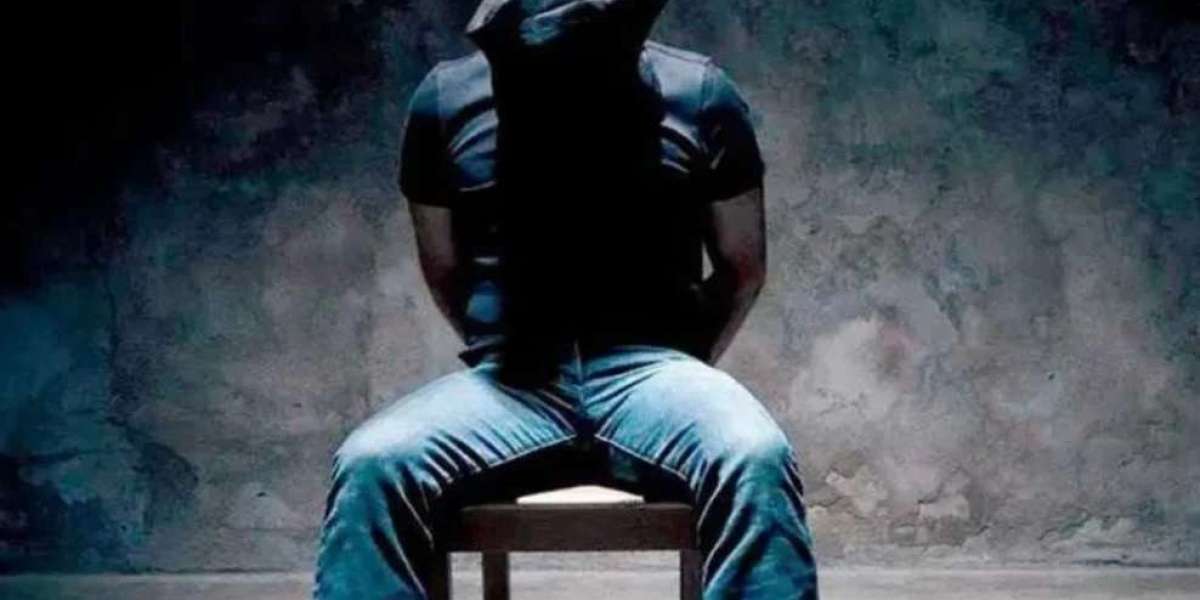Lifestyle Desk: Beji is always afraid of snakes. Because Beji attacks snakes by eating the roots of a special plant. So even if Beji is bitten by a snake, he does not die. But surprisingly, horses like Beji do not die from snake bites. The scientific reason for this is that snake bites produce anti-venom in the horse's body.
the horse
For a long time, anti-venoms have been made from horse blood serum to protect humans from snake venom. If a horse is bitten by a snake, the horse is not harmed. Horses are generally weak for a day or two after being bitten by a highly venomous snake.
When a horse is bitten by a snake, a special anti-venom is produced in the horse's body. This anti-venom works to neutralize the effectiveness of snake venom. As a result, this anti-venom produced in the horse's body acts as an antidote if a human is bitten by a snake.
Basically, there are numerous anti-venom companies around the world to make anti-venom, which is used as an antidote to snake bites. Their main task is to inject snake venom into the horse's body and then prepare the anti-venom vaccine for humans from the anti-venom produced in the horse's body.
This web series is full of hot scenes, don't forget to watch it in front of anyone
If snake poison is applied to the horse's body, anti-venom that destroys the poison is produced in the horse's blood within two days. Meanwhile, the vaccine manufacturing companies collect blood from those horses and separate the red and white blood cells and take only the serum. This serum was later further processed to produce an anti-venom vaccine.



















































